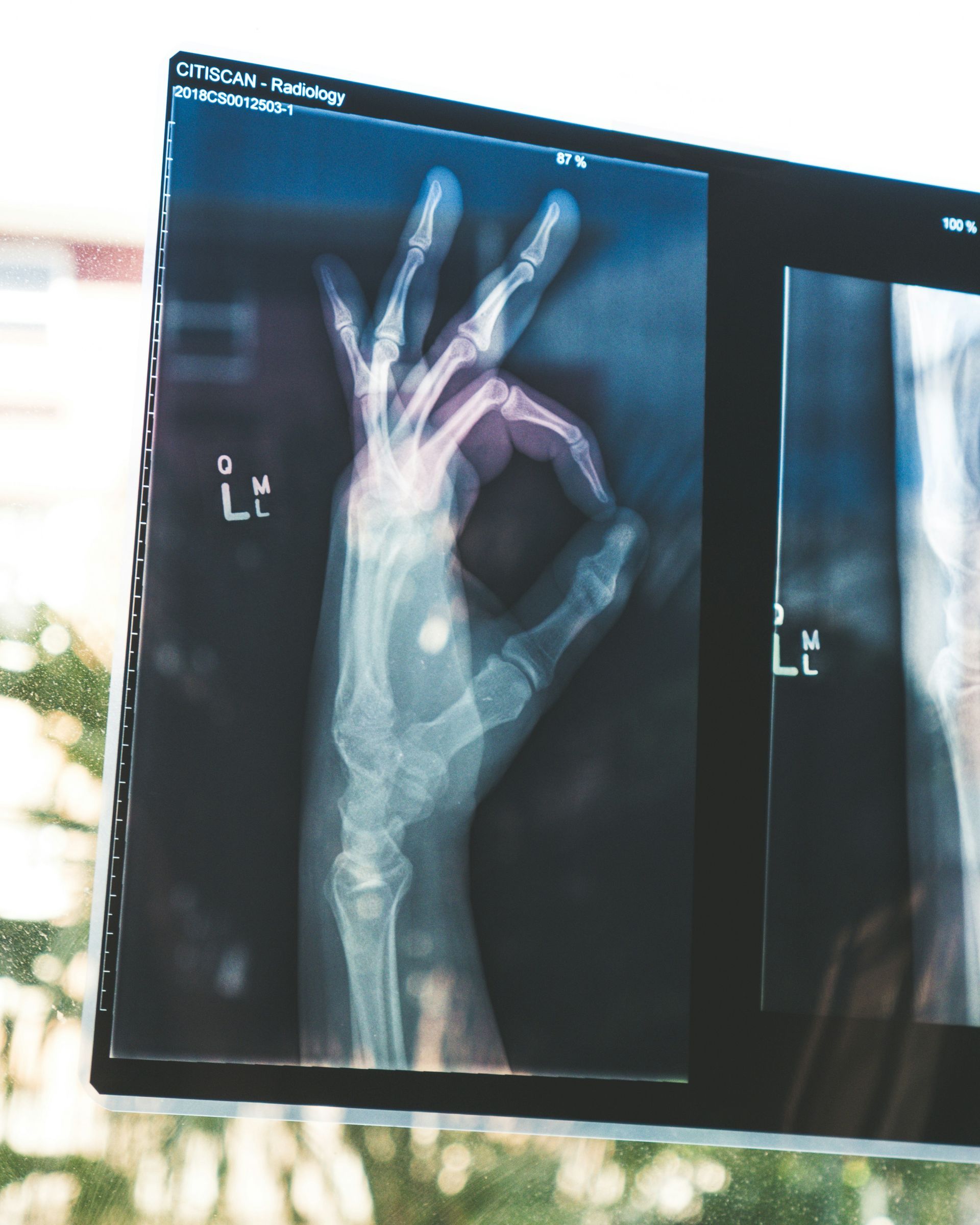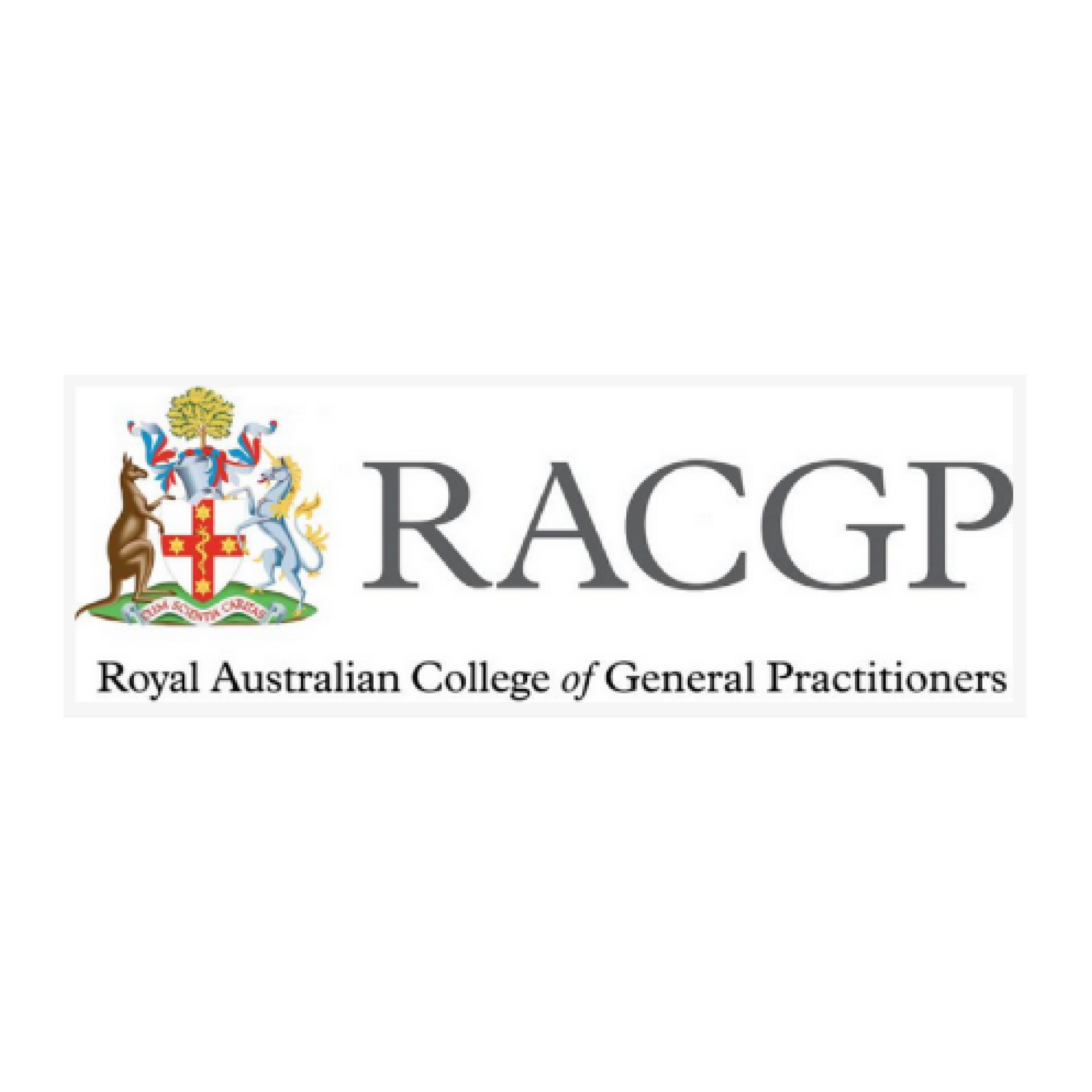Women’s Health: Preventive Care and Everyday Wellbeing
Looking after your health is one of the most important investments you can make in yourself. For women, this means paying attention to both physical and mental wellbeing across every stage of life. Preventive care, regular check-ups and early intervention all play a key role in staying well.
Routine Health Checks
Preventive health checks help detect issues early, often before symptoms appear. Depending on your age and health history, this may include:
- Cervical screening for HPV
- Breast checks and mammograms
- Blood pressure, cholesterol and blood glucose tests
- Bone density scans
- Eye and dental checks
Find a full guide to recommended health checks for women here: Healthdirect – Health checks for women.
Heart Health
Heart disease is sometimes thought of as a “men’s condition”, but it is also one of the leading health risks for women. Symptoms can differ between men and women, with women often experiencing more subtle signs such as shortness of breath, nausea, jaw pain or fatigue. Knowing the warning signs and booking regular check-ups can be lifesaving.
Read more: Healthdirect – Heart attack symptoms: males vs females.
Reproductive and Hormonal Health
From contraception and fertility through to perimenopause and menopause, women’s reproductive health is an important part of overall wellbeing. Common conditions such as endometriosis can impact quality of life and fertility, but support and treatment options are available. Learn more:
Healthdirect – Endometriosis and
Healthdirect – Perimenopause.
Mental Health Matters
Women are more likely than men to experience depression and anxiety, particularly during times of hormonal change or life transition. Talking to your GP early is an important step in getting the right support and treatment.
Read more: Healthdirect – Depression in women.
Taking Action
- Schedule regular health checks and screenings appropriate to your age and stage of life
- Speak to your GP if you notice changes in your body or mental health
- Don’t ignore persistent symptoms such as pain, fatigue or changes in menstrual cycles
- Remember that looking after your mental health is just as important as caring for your body
Your health is worth prioritising. At Bath Street Family Medical Centre, our team is here to support women at every stage of life, with compassion, confidentiality and care.
For reliable information on women’s health, visit
Healthdirect.









